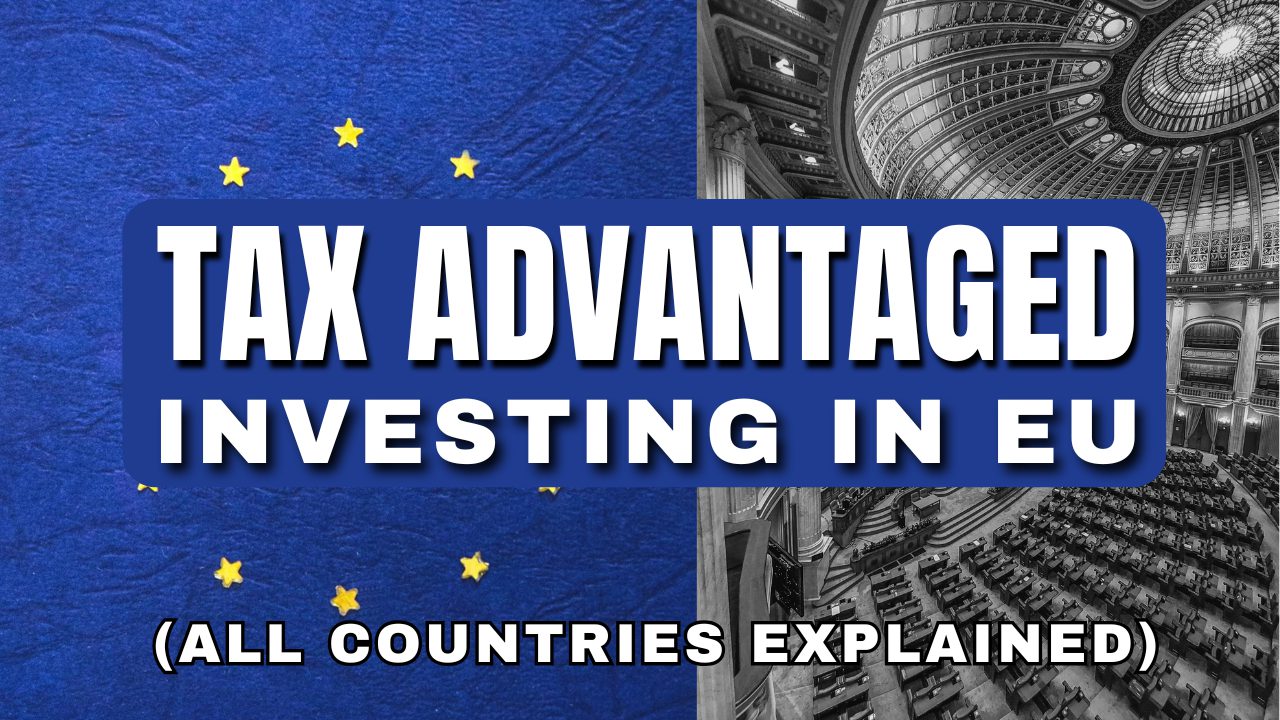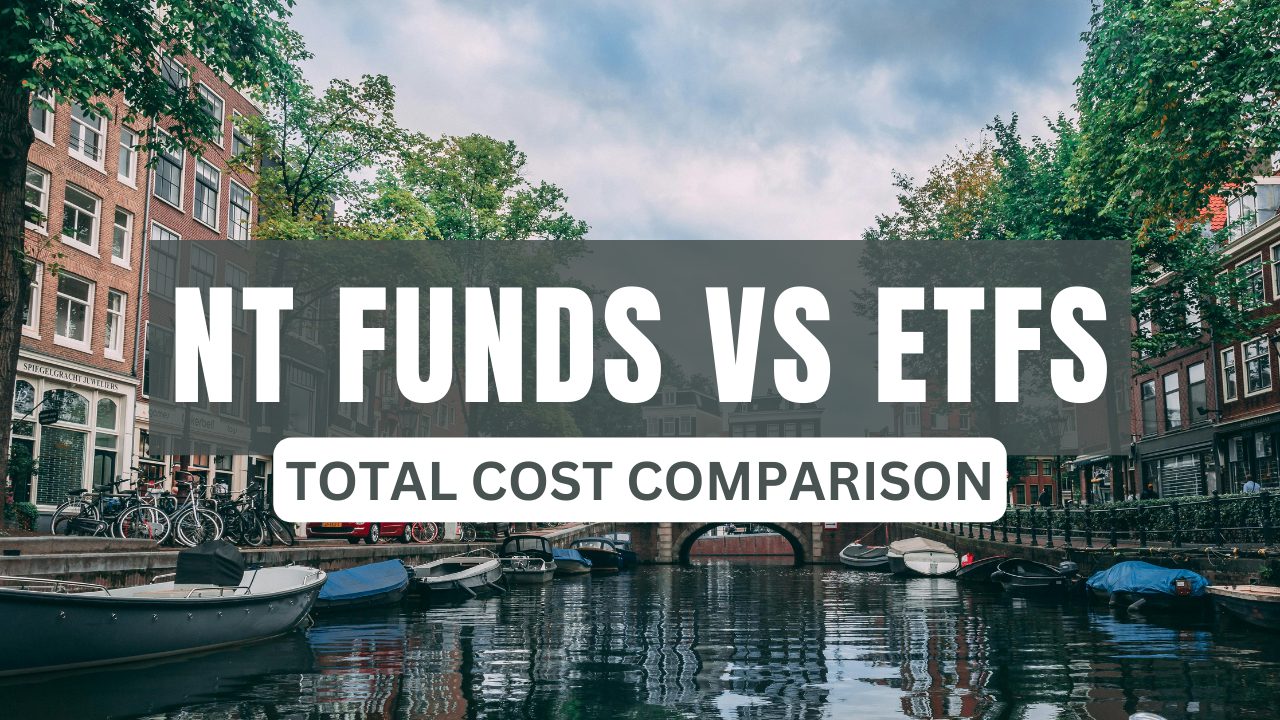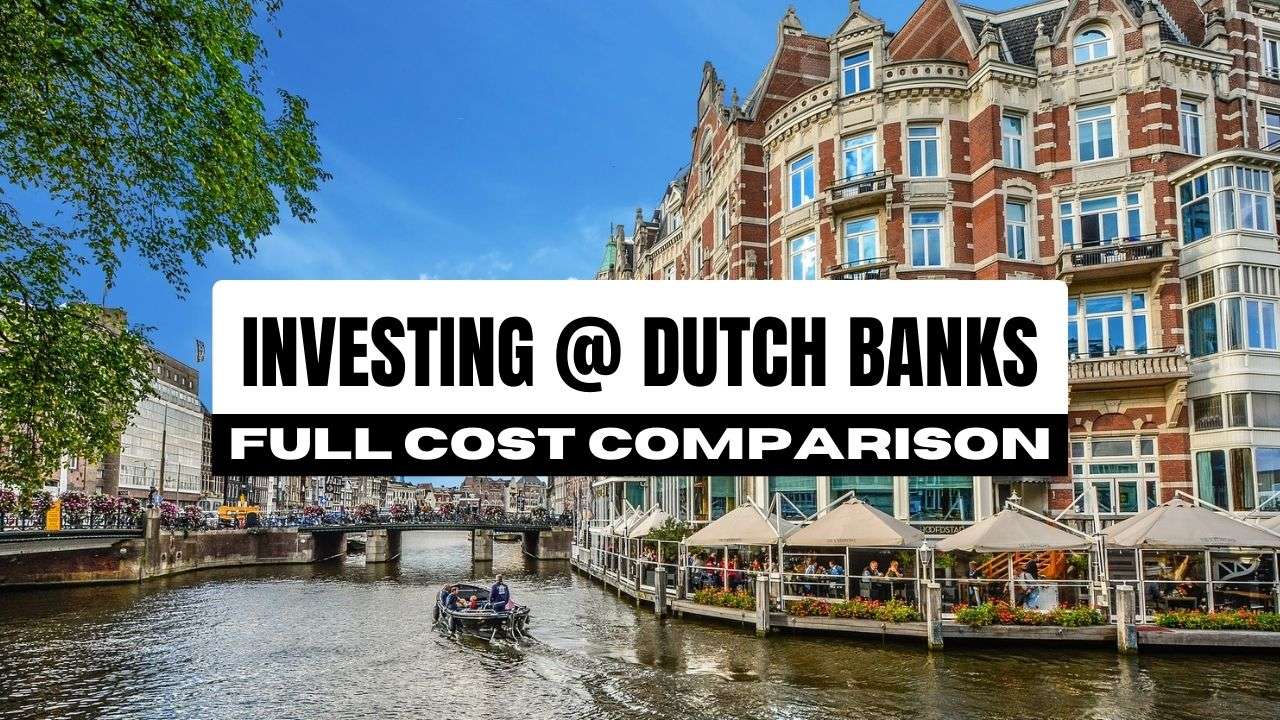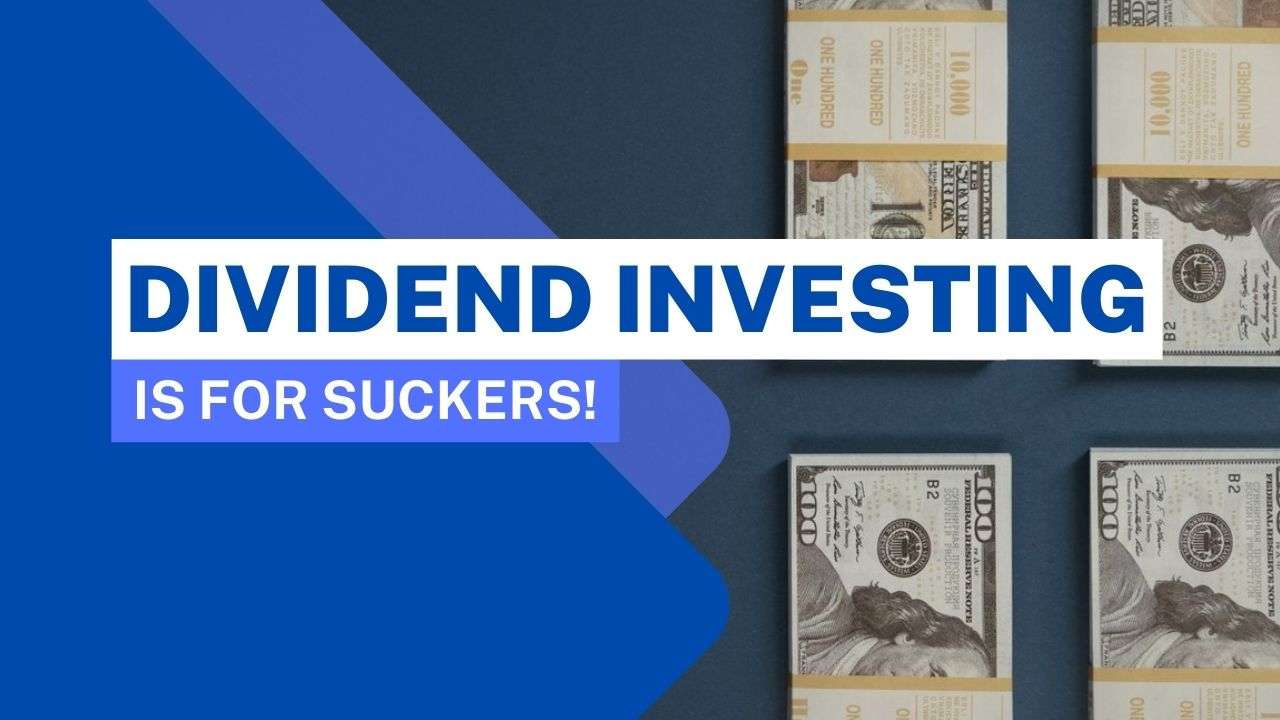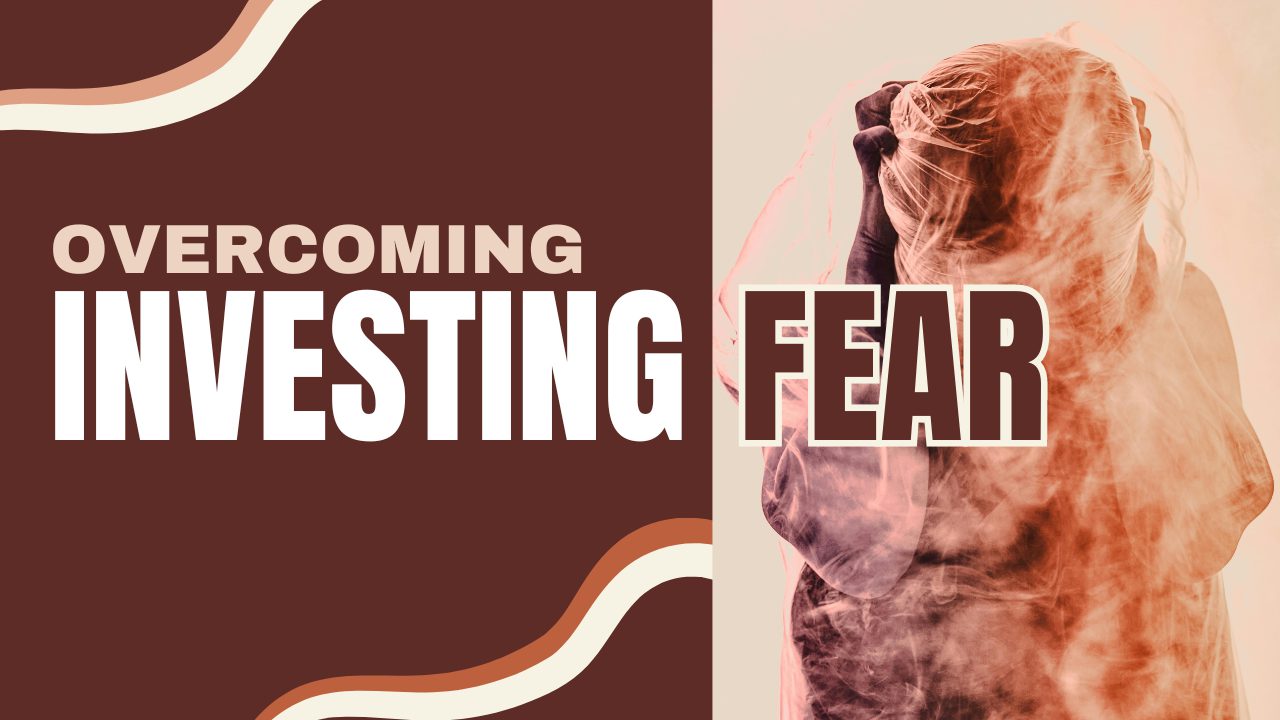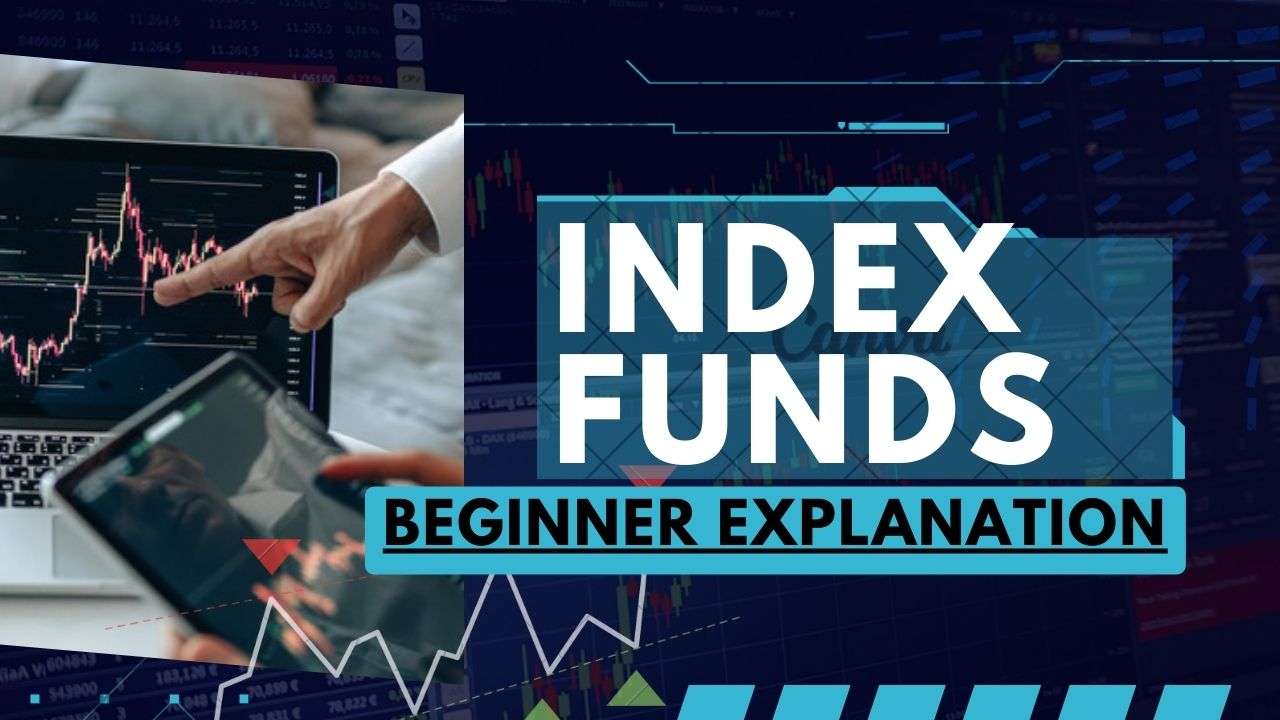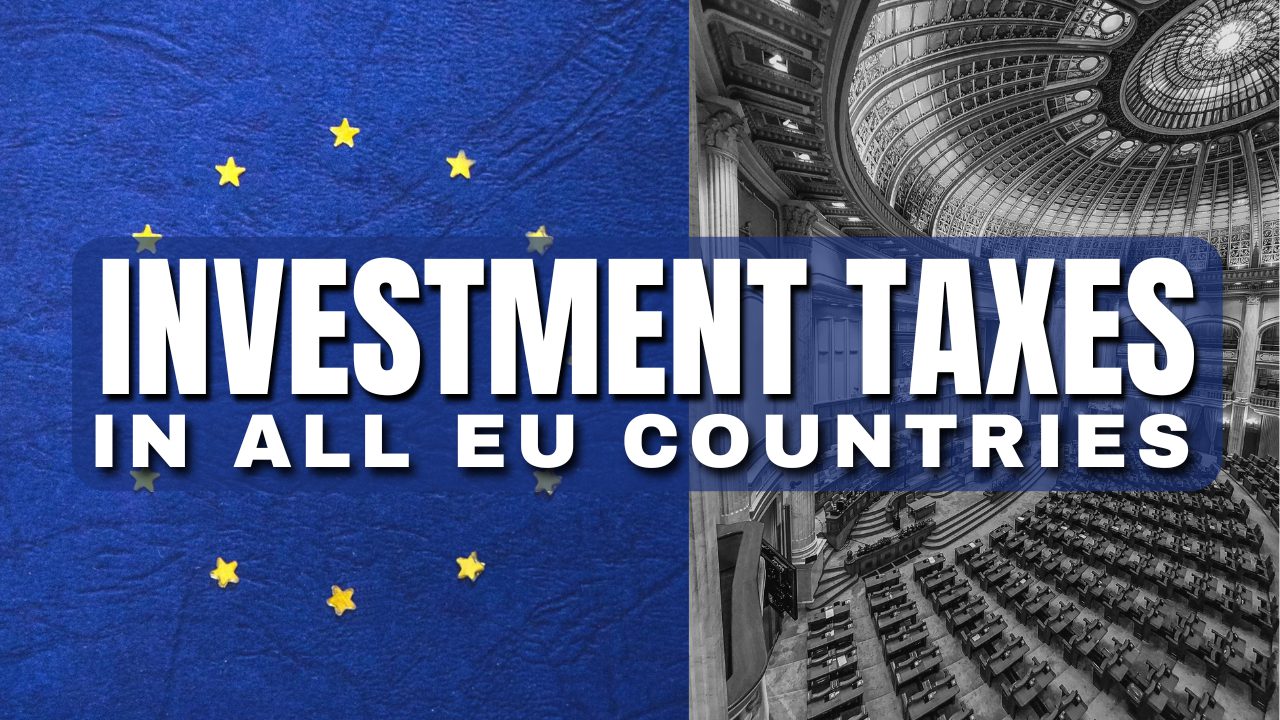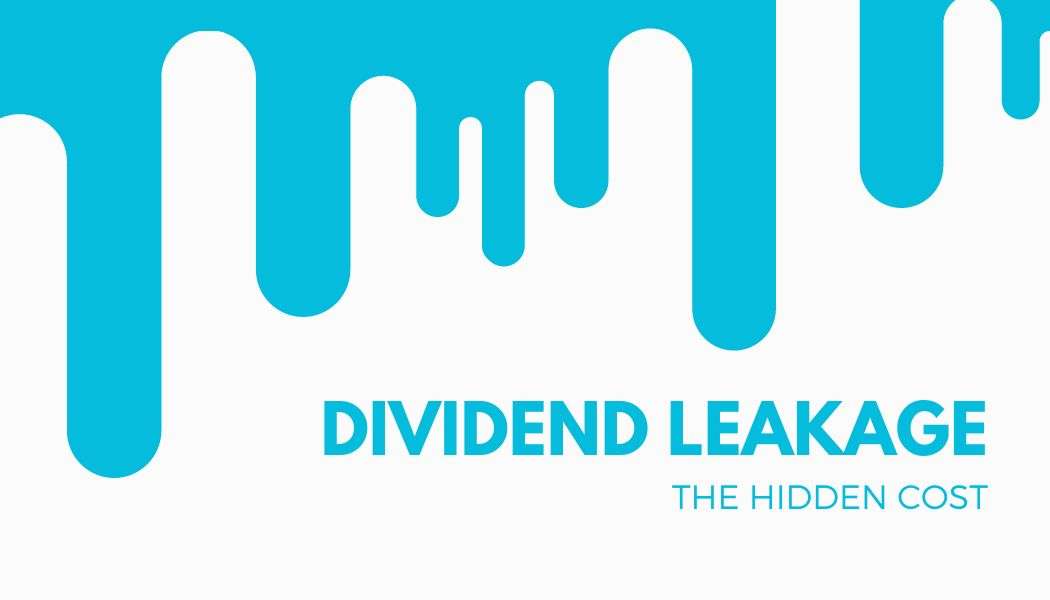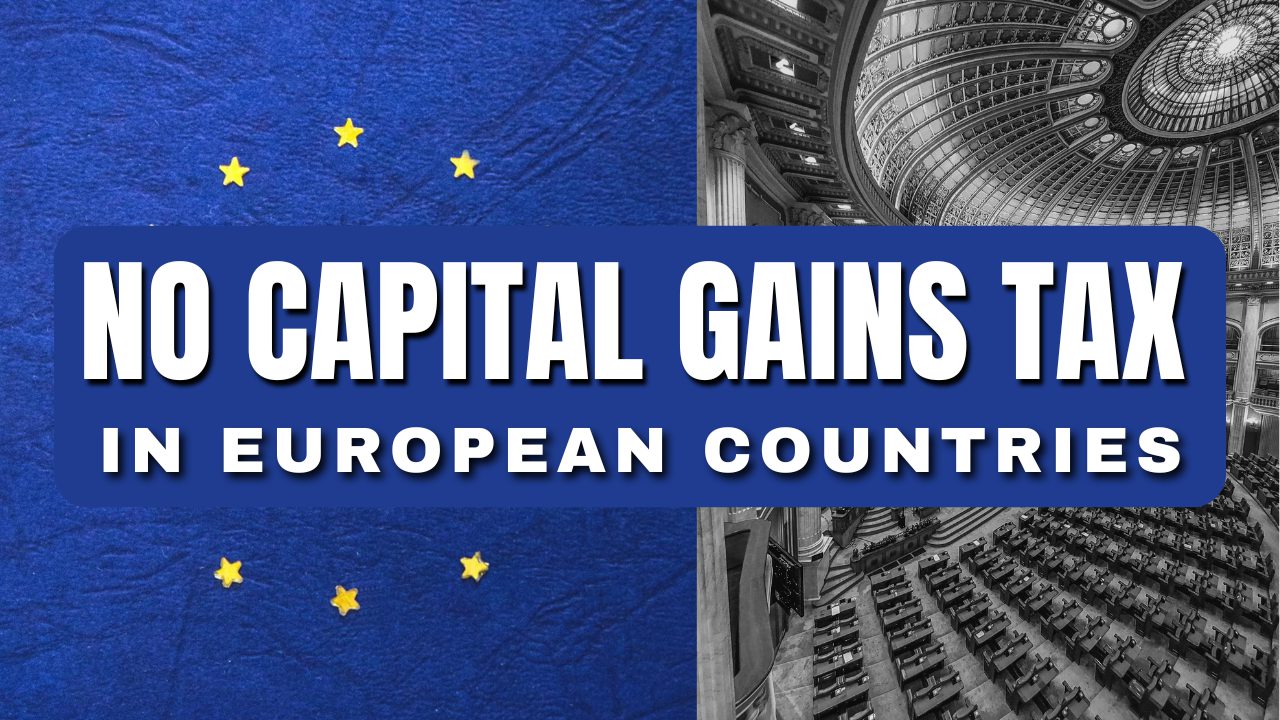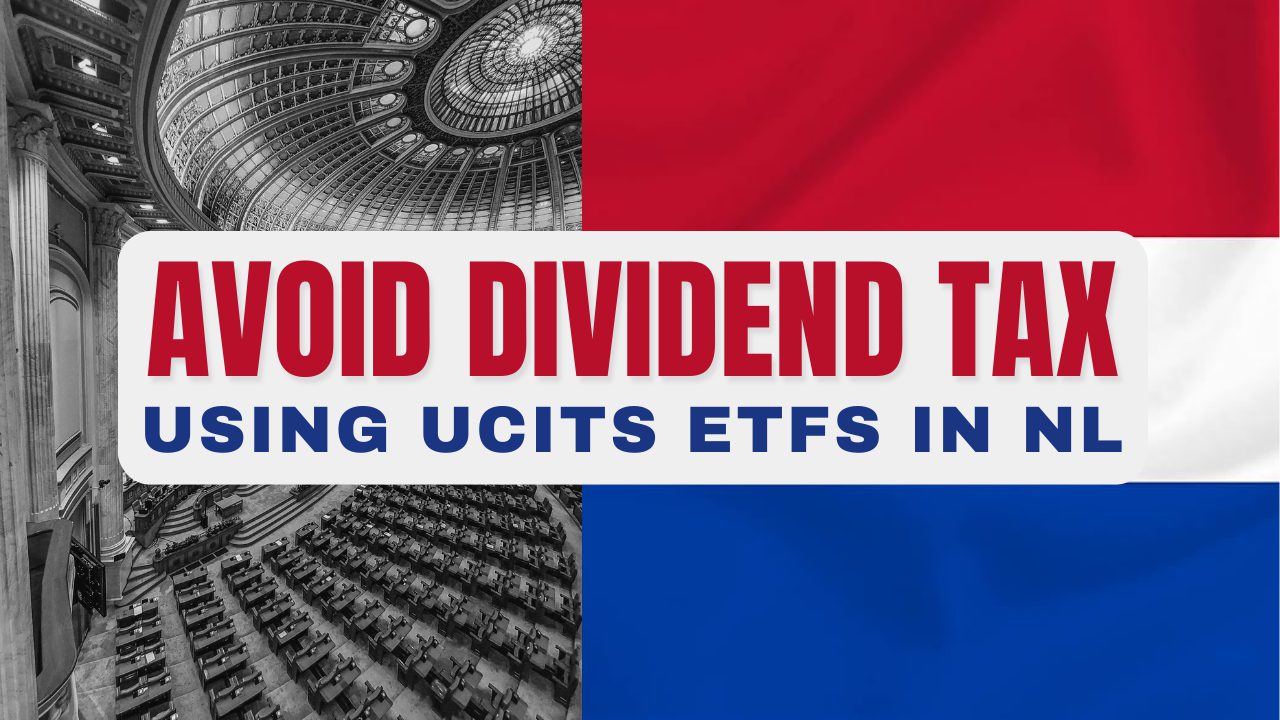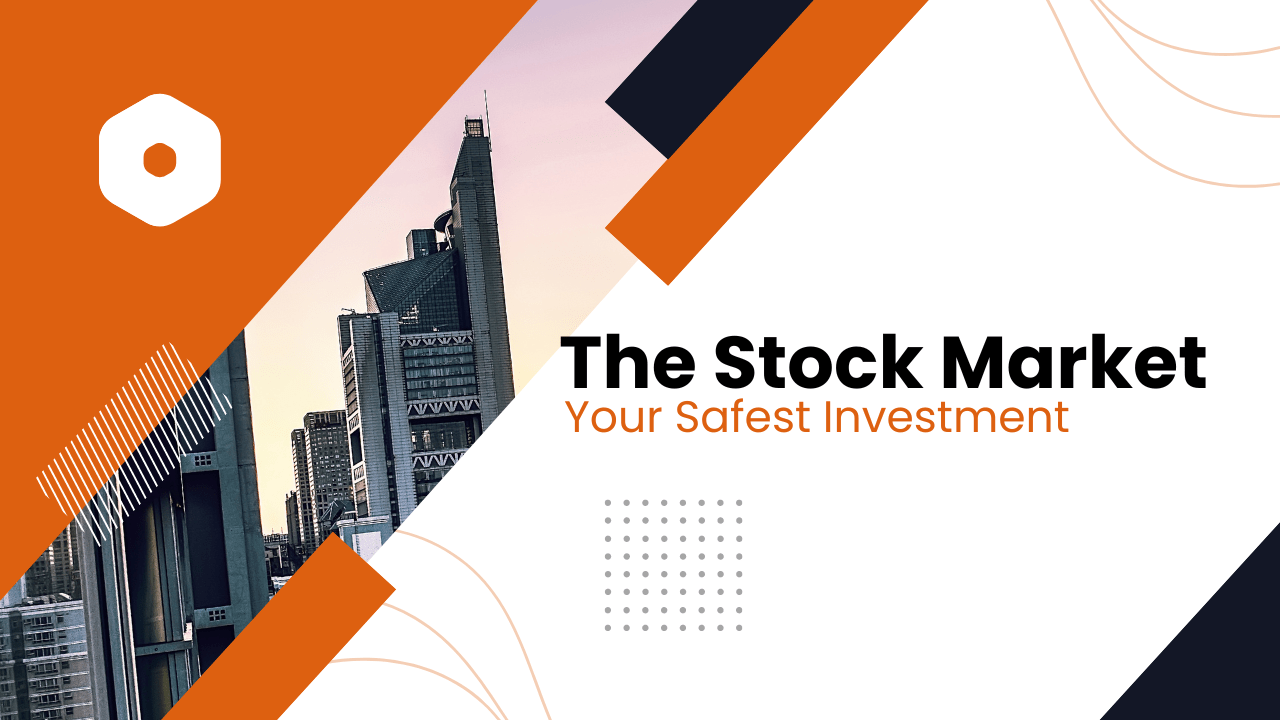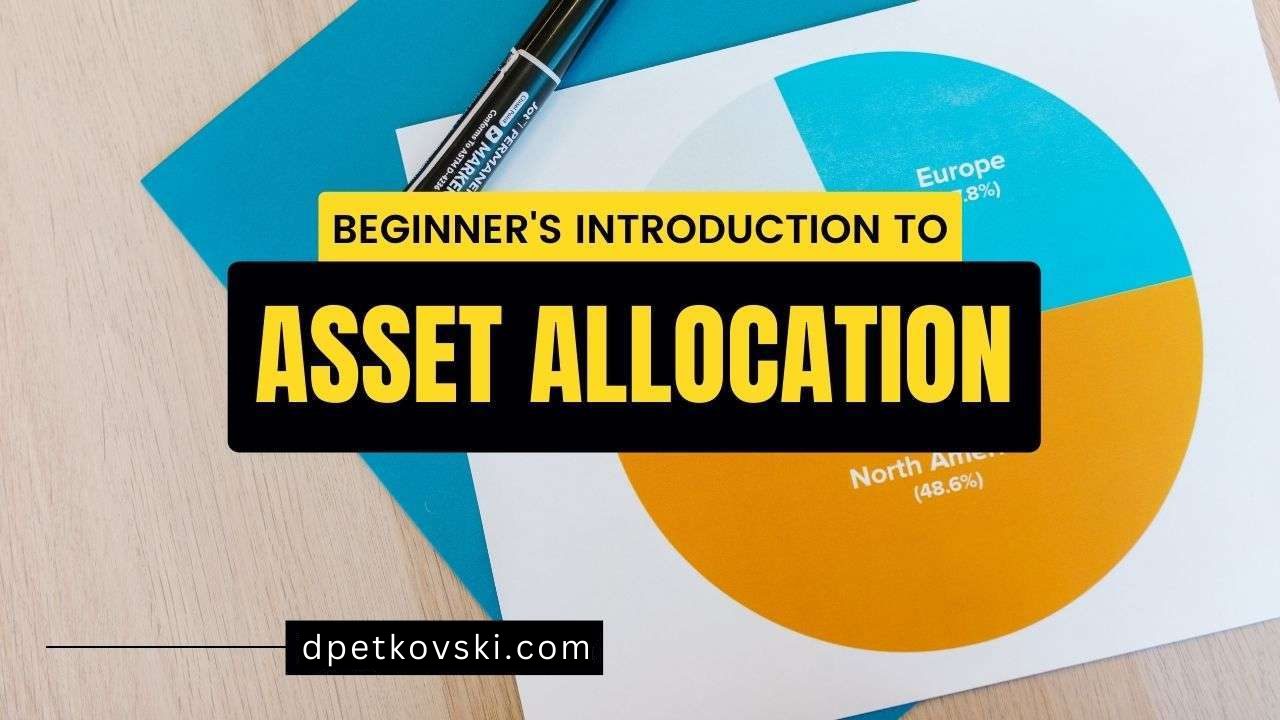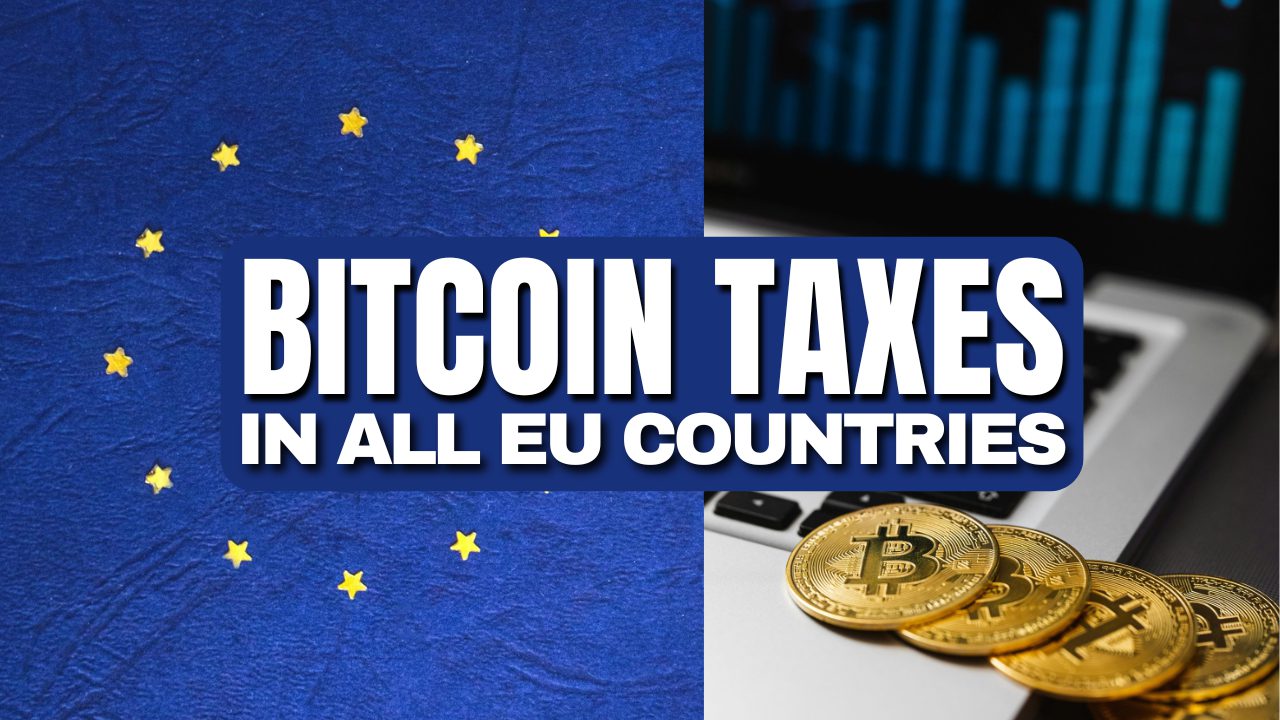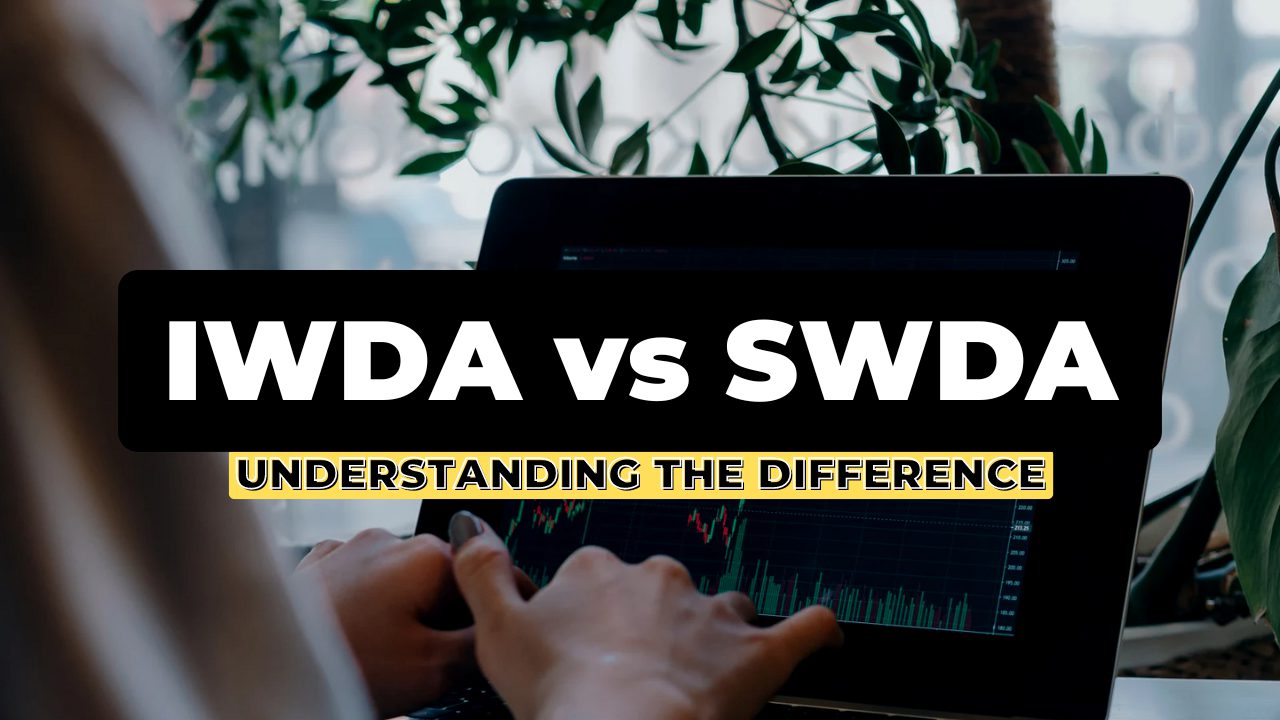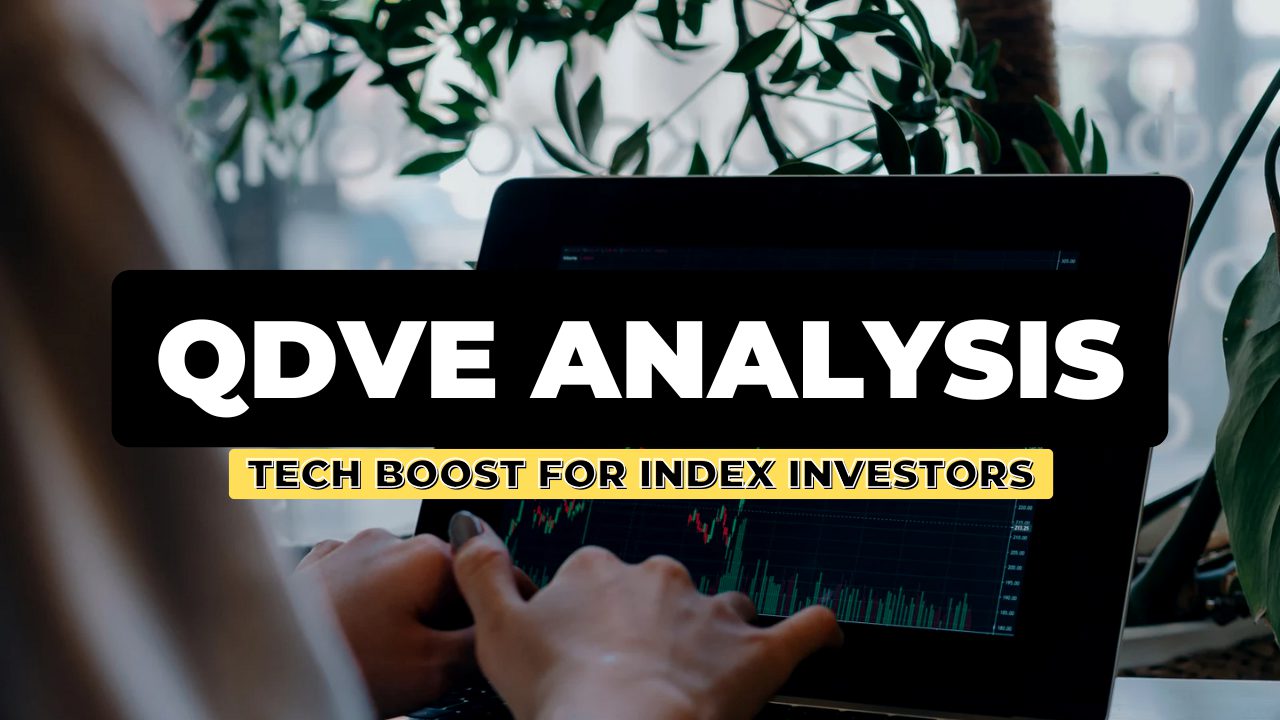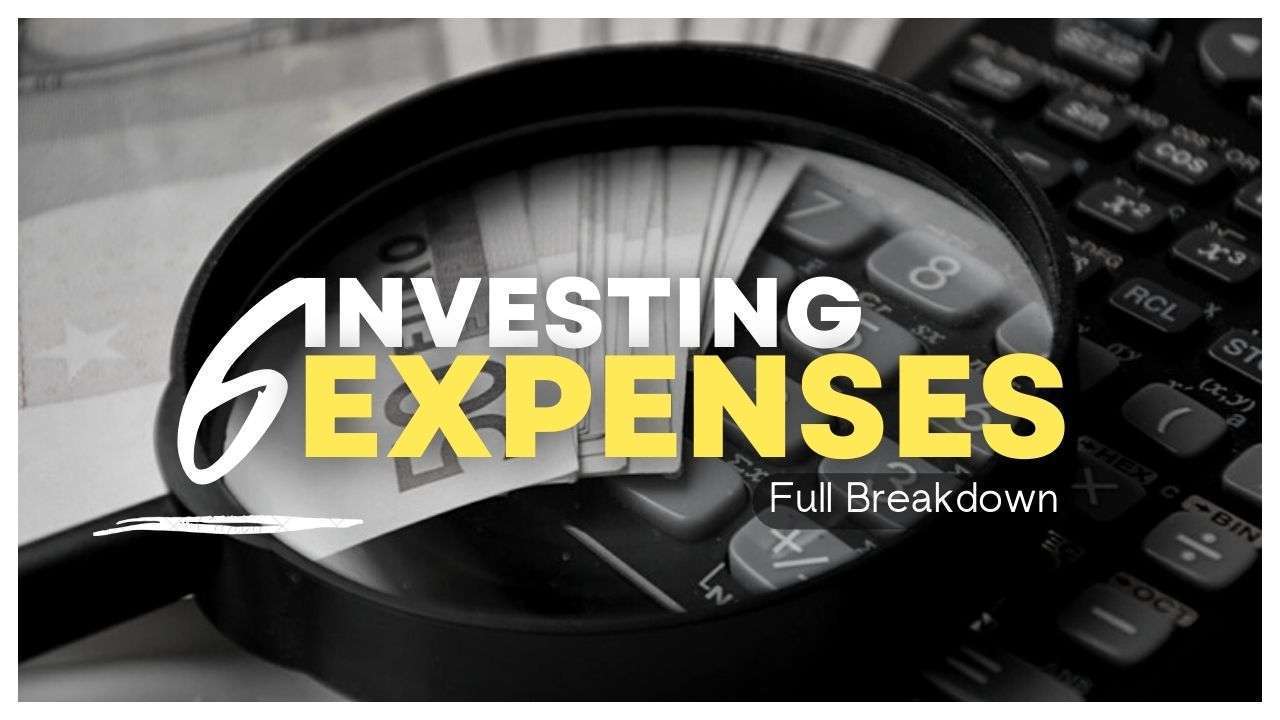
Investing is associated with various types of expenses.
Your goal as an investor is to keep these as low as possible.
Below are a few examples of expenses you’d face as a stock market investor:
- TER (Total Expense Ratio)
- Entry and exit fees
- Broker/bank fees
- Transaction fees
- FX conversion costs
- Taxes
Not all of these are associated with every investment type, so let’s dissect where they’re applicable and how they can affect your portfolio.
Total Expense Ratio (TER)
As an index fund/ETF investor, this is a cost you can’t avoid.
The expense ratio is how the fund that manages the portfolio remains profitable. It’s listed as an annual percentage amount.
However, the fact that you can’t avoid it makes it easier for the decision making process. Basically, find the one with the lowest TER.
I’ve seen S&P 500 tracker funds that ask for 1% management fee, while on the other hand:
- SPY (SPDR S&P 500 ETF) has 0.09%,
- IUSA (iShares Core S&P 500 UCITS ETF (Dist)), CSPX (iShares Core S&P 500 UCITS ETF (Acc)) and VUSA (Vanguard S&P 500 UCITS ETF) all have 0.07%,
- IVV (iShares Core S&P 500 ETF) has 0.04%, and
- VOO (Vanguard S&P 500 ETF) has 0.03%.
Find the cheapest fund available to you.
Here’s my recommendation for US market ETFs.
Entry and Exit Fees
These fees are more common with mutual funds and index funds. The ETFs don’t have enter and exit fees because they trade on exchanges, same as any shares.
Although it’s not common, have it in mind – if you see a number greater than 0.25% for enter/exit fees for a index-tracking fund, look the other way. When it comes to index investing, there are plenty of options where you won’t have to sacrifice such a big part of your portfolio.
Of course, you can mitigate this costs by buying ETFs through a broker, but make sure that the overall cost will be lower.
Broker/Bank Fees
You need to choose a low-cost broker if you’re buying an ETF. Some banks also offer brokerage services.
Different brokers/banks have different account fees. Some are yearly and some are monthly, some are a percentage of the investor’s portfolio and some are fixed.
Choosing the most appropriate brokerage service is quite a personal journey. But any proper assessment starts with listing the most reputable options available to people in the country you reside in. Only then filter them out based on parameters such as how much money you’re planning to invest, how often, where you live, which ETFs are available, etc.
There is quite some homework to be done here, so make sure to be thorough.
My recommendation is Interactive Brokers – a publicly traded brokerage firm headquartered in the US, available globally, and competitively priced. As a “blogger” that’s not giving you a referral link, you know it’s sincere.
Transaction Fees
Brokers and funds also make money by charging commissions (or spread) on trades.
These are one time costs associated with executing buy and sell orders.
One time fees are less malicious than ongoing charges, but it’s best if you can keep these low as well. Check if there are various types of accounts per platform because the trading costs may vary for different account types.
I’ll take DeGiro, a low-cost European broker, as an example. There is a certain transaction fee when buying shares and another for buying ETFs. However, they also have commission free ETFs which cost 0$ for the first purchase per calendar month. The details are irrelevant – I’m pointing out that it can get quite specific to what you’re willing to do.
All of the costs are usually clearly stated on a pricing/costs page for each platform.
Internal Transaction Fees
These are different than the “transaction fees” above.
The funds themselves incur transaction fees internally when buying/selling the underlying securities. These will also be reflected in the performance of the ETF.
The ETF providers are required to state these in their Key Information Document (KID) and the fees are usually in the 0.0x% range.
FX Conversion Costs
Depending on the investments, there also may be foreign exchange costs.
For example, if you’re investing in $EUR but owning US distributing ETFs, you might get your dividends in $USD. Make sure to understand what conversion rates are used by your broker and also if there is a fee for converting.
It’s not related to the topic of this post, but I’ll mention my recommendation of choosing accumulating funds rather than distributing ones.
Taxes
I’ll list some of the taxes and tax-related costs you should be familiar with as an investor:
- Capital Gains Tax
- Dividend Tax
- Wealth Tax
- Dividend Leakage
- Double Taxation
The first three (capital gains tax, dividend tax, and wealth tax) are the “major” ones and are crucial to understand before starting your investment journey. If you’re from Europe, check out: all investment taxes for EU investors. If you’re new to the game, I’ll soon publish a post explaining each one of these.
Dividend leakage and double taxation come into play when you want to optimize your costs further, but I wouldn’t call them crucial for beginners. Make sure to understand them thoroughly as your portfolio grows though.
Conclusion
If you’re investing, you will have expenses associated with it.
So don’t try to avoid all costs, but rather try to minimize them.
Trying to bring your investing expenses to 0 means that you’ll never start investing. I suggest not letting investment fear make the worst investment decision for you – the decision of not investing.
To avoid that, learning about opportunity cost won’t hurt. Not considering it when evaluating costs will.
For a comprehensive, beginner-friendly, and free resource on stock market investing, visit:
 Husband & Father
Husband & Father  Software Engineer
Software Engineer 

